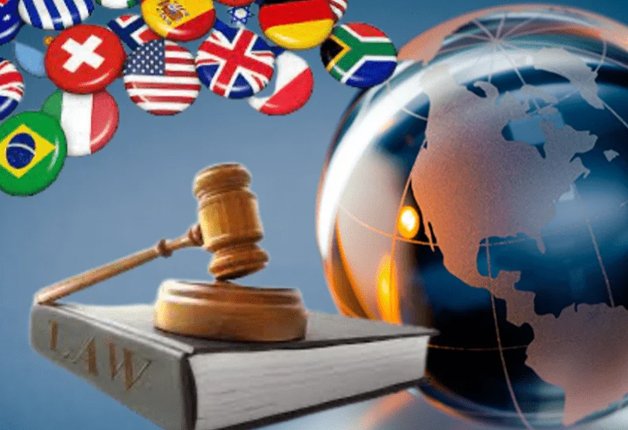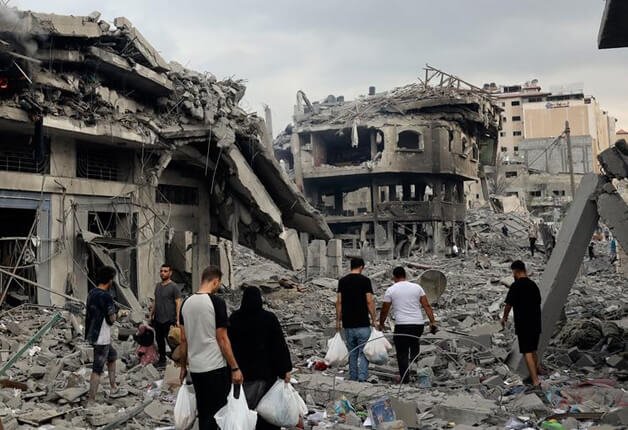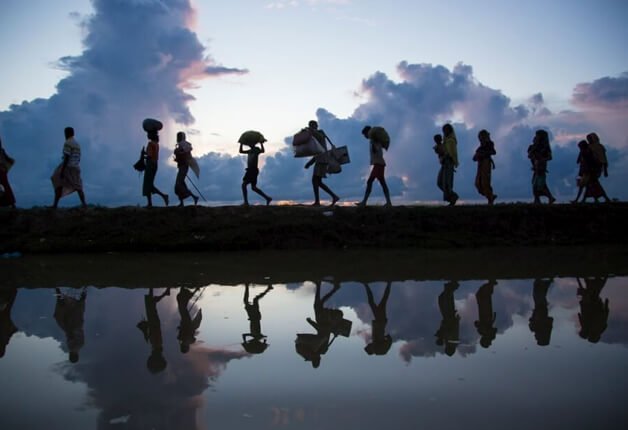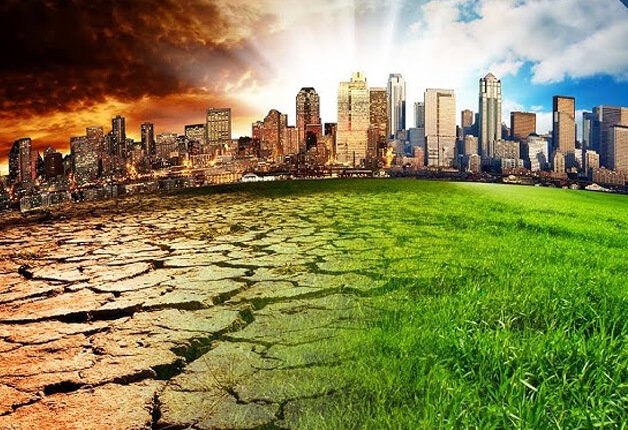International Law
It provides a framework for addressing issues such as diplomacy, conflict resolution, trade, human rights, environmental protection, and the conduct of war.
Human Rights
Human rights are fundamental rights and freedoms that belong to every person, regardless of nationality, ethnicity, gender, religion, or any other status.
International Environment Law
International Environmental Law is the body of law that addresses the protection of the environment and natural resources.
International Trade Law
International Trade Law refers to the body of rules, agreements, and treaties that govern the exchange of goods, services, and intellectual property across borders.
Comparative Constitutional Law
Comparative Constitutional Law is a field of legal study that involves the systematic comparison of the constitutions of different countries.
Global Health Law
The body of legal principles, frameworks, and instruments that govern international and national efforts to protect and promote public health.
States Responsibility Law
Principle in international law that outlines the legal consequences when a state violates its international obligations or fails to fulfill its duties under international law.
International Criminal Law
International Criminal Law (ICL) is the body of law that deals with the prosecution and punishment of individuals for serious violations of international law.
International Humanitarian Law
It is a branch of international law that governs the conduct of warfare and seeks to limit its effects, particularly on civilians and non-combatants.
International Intellectual Property Law
The set of international legal frameworks, treaties, and agreements that govern the protection and enforcement of intellectual property rights (IPRs) across different countries.
International Water Laws
International law that governs the use, management, and conservation of freshwater resources, including rivers, lakes, and groundwater that cross national boundaries.
Corporate Law
Corporate Law is a branch of law that deals with the formation, governance, operation, and dissolution of corporations.
International Refugee Law
International Refugee Law is a specialized branch of international law that governs the rights and protections afforded to refugees and other persons in need of international protection.
Treaty Law
Treaty Law is a branch of international law that governs the creation, interpretation, application, and enforcement of treaties between states and international organizations.
International Investment Laws
International Investment Law is a specialized field of international law that governs the protection and regulation of cross-border investments.
Climate Change and Policy
The set of actions, strategies, and frameworks adopted by governments, international organizations, businesses, and civil society to mitigate and adapt to the effects of climate change.
Peaceful Settlement Of International Disputes
The methods and mechanisms by which states and other international actors resolve conflicts and disputes without resorting to the use of force or war.


















